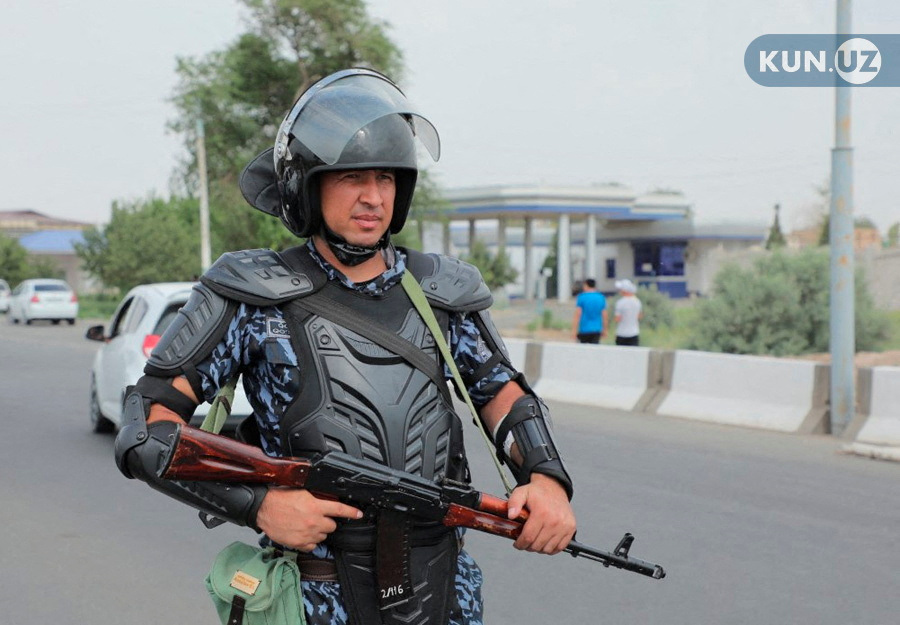Seven Russians Killed In Grozny Blast
The device exploded around 9:00am (0500 GMT) in the city’s eastern Oktyabrskaya district as a bus carrying mainly construction workers from a Russian military base was passing by, a police source told Agence France-Presse (AFP).
Chechen interior ministry officials told Interfax the bus drove over a remote-controlled landmine.
Grozny Mayor Oleg Zhidkov called for more mobile patrols but said he opposed any increased Russian troop presence.
"We don’t need more troops or tougher measures. Setting up barbed wire won’t work either," he was quoted as saying.
"What we do need is more vigilance by security forces."
The Chechen administration imposed a curfew on the town amid fears of fresh attack.
The republic’s pro-Russian prime minister, Anatoly Popov, told journalists that "everything possible will be done to find out who planned this attack," Interfax said.
European leaders have led criticism of the Chechen war, but were not expected to raise the issue when they meet Putin at an E.U.-Russia summit on Saturday, May 31.
Unbowed
Meanwhile, in a rare account of a meeting of Chechen field commanders, Chechen leader Shamil Basayev said his fighters were still determined to wrest control of Chechnya from Russia.
"Our spirits are unbowed. We are resolved in our faith that each passing day brings closer our victory," he said on a video tape obtained by Reuters, which said the time and location of the meeting were unknown.
Chechen fighters have stepped up operations in recent weeks, carrying out two bomb attacks within the space of three days earlier this month, killing 78 people.
Late Thursday, three Russian conscripts doing their military service in Chechnya were killed when an explosive device went off as their tank convoy was driving in the southwestern village of Bas-Gordaly, near the border with Dagestan, RIA Novosti said, quoting the regional military general staff.
Up to 48 people were killed and more than 70 injured Monday, May 12, when a booby-trapped truck blew up a government building in a village north of the capital Grozny.
At least 30 people were killed and 40 others injured when two women blew themselves up in the middle of an religious festival in Chechnya on Wednesday, May 14.
Chechen fighters have apparently been following through on a pledge to disrupt the results of a Kremlin-backed March referendum that saw the adoption of a new constitution fixing the southern republic’s place in the Russian Federation.
Putin presented the poll as evidence that the aggression he launched as prime minister in October 1999 has essentially been won, but both sides in the drawn-out conflict continue to suffer almost daily losses.
Chechnya had enjoyed de facto independence for three years after an earlier 1994-96 invasion that ended in Russian defeat.
Observers have said the continuing violence has debunked the myth presented by the authorities that life is returning to normal in Chechnya.
Human rights groups also slammed Moscow for stark abuses against Chechen civilians at the hands of Russian soldiers.
According to an official Russian statement, the military abuses in Chechnya leave more than 100 civilians killed, executed, abducted or tortured every month.
It lists names of 1,123 Chechen civilians killed by the Russian units in 2002, nearly 95 ones a month.
A statement by Human Rights Watch, issued in New York, said civilians remained subject to killings, forced disappearances and torture, making Chechnya "one of the most dangerous places on earth. St Petersburg’s splendor should not eclipse this."

